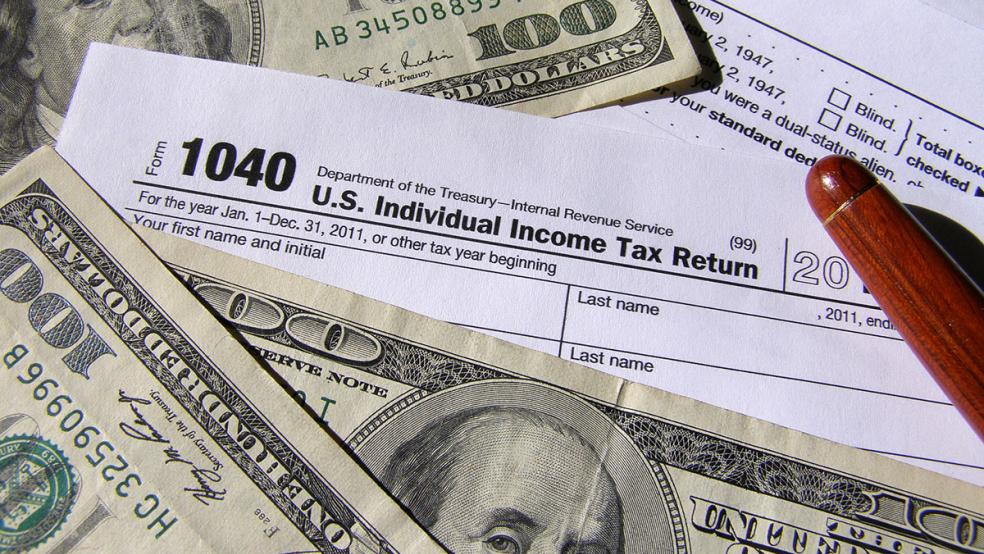The “tax gap” is getting bigger, according to the latest estimate of the amount of money Americans owe in federal taxes but fail to pay.
The IRS said Thursday that Americans failed to pay $688 billion in taxes they owed in 2021, the largest estimate of the tax gap yet. In 2020, the tax gap came to an estimated $601 billion.
The announcement marks the first time the IRS has released estimates for single years rather than a range of years, and the tax agency said it plans to continue to release one-year estimates in the future. Previous estimates put the tax gap at $550 billion a year for 2017-2019 and $496 billion a year for 2014-2016.
The IRS breaks the tax gap into three components: nonfiling (defined as “tax not paid on time by those who do not file on time”), underreporting (“tax understated on timely filed returns”) and underpayment (“tax that was reported on time, but not paid on time”). In tax year 2021, nonfiling accounted for $77 billion of the total tax gap, underreporting contributed $542 billion, and underpayment totaled $68 billion.
IRS Commissioner Danny Werfel said the size of the tax gap highlights the need for improving the tax agency’s capabilities. “This increase in the tax gap underscores the importance of increased IRS compliance efforts on key areas,” he said. “With the help of Inflation Reduction Act funding, we are adding focus and resources to areas of compliance concern, including high-income and high-wealth individuals, partnerships and corporations. These steps are urgent in many ways, including adding more fairness to the tax system, protecting those who pay their taxes and working to combat the tax gap."


